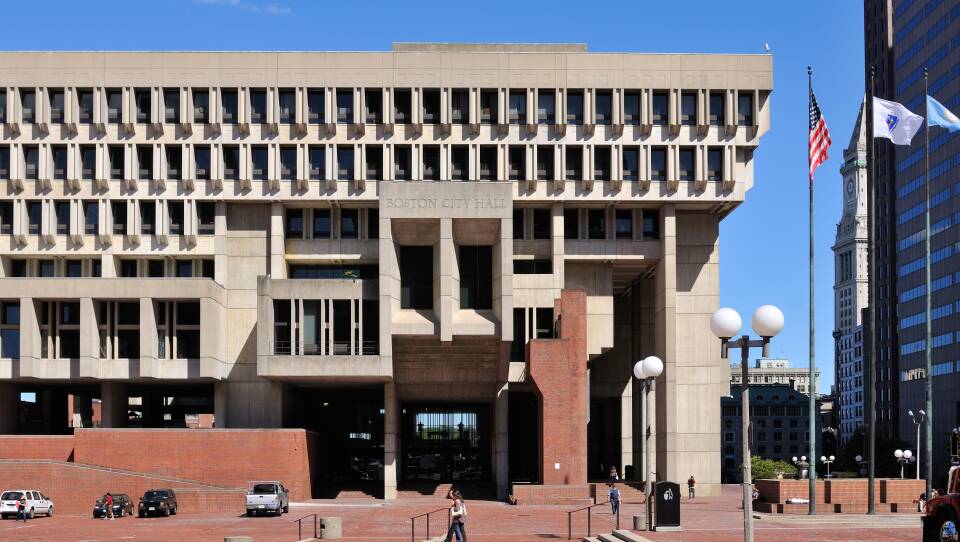Boston’s new city councilors — those elected this week, and in the past few years — have mostly come via traditional political paths: well-connected families, political staff jobs, work and activism for neighborhood organizations and years of hard work building useful relationships.
They are also, of course, wildly non-traditional for Boston politics. The four councilors who appeared to be newly elected Tuesday — barring a potential recount — include the body’s first Afro-Latina, Julia Mejia; its first openly LGBTQ woman, Liz Breadon; its first Hispanic district councilor, Ricardo Arroyo; and its first woman representing Beacon Hill, Kenzie Bok.
The sea change underway in Boston politics is not about angry, disaffected outsiders forcing their way into the unfamiliar halls of power. For good or ill, there are no Chuck Turners or Charles Yanceys on the council, fighting for their community’s interests against the perceived power holders.
Nor are there Dapper O’Neils or Lousie Day Hicks, for that matter, doing the same for the city’s Irish-Americans.
Boston voters aren’t looking for bomb-throwers and rabble-rousers, but neither are they seeking go-along friends of the powerful.
While they value members of traditionally under-represented groups, Boston voters are choosing candidates who bridge divides, not champions of one side against another.
They seem to want candidates who know their way around City Hall well enough to get things done, but aren’t fully steeped in that old political machinery of yesteryear. Diversity — being something other than yet another white Catholic male — often acts as a powerful signifier of the latter, for candidates who can also demonstrate the former. Success in Boston politics, almost anywhere in the city, now seems to require a balance of traditional political background and skills, with a biography that distinguishes oneself from the dread sense of the Old Boston machine.
It’s a difficult balance. It certainly helps to have powerful local benefactors. Michelle Wu studied under Elizabeth Warren and worked for Tom Menino; Andrea Campbell worked for Deval Patrick; Lydia Edwards worked for Mayor Marty Walsh. But, ties too tight can now strangle a candidacy. Stephen Passacantilli lost to Edwards in 2017 in part because he was seen as Walsh’s guy. Alejandra St. Guillen might have narrowly lost to Mejia because she was coming from Walsh’s administration, or because she essentially co-campaigned with incumbents Wu and Kim Janey, or a little of both.
Mostly, today’s successful Boston candidates need to have mastered the navigation of Old Boston politics, while still representing New Boston progressivism.
All of this dates back exactly 10 years to the 2009 election, in which Felix G. Arroyo and Ayanna Pressley won at-large seats on the Boston City Council, filling two vacancies. They were as New Boston as it gets, yet both were also political insiders with solid back-room connections.
And, they were able to win votes all over the city, not just from their presumed demographic bases. This year’s diverse candidates did the same, both in the at-large race and in districts once assumed to be safe bastions of the white male.
Back in 2009, the four black, Hispanic, and female at-large candidates — Arroyo, Pressley, Tito Jackson, and Tomas Gonzalez — received very nearly as many votes combined as the four white men appearing on the final ballot. That seemed, at the time, a game-changing accomplishment.
Ten years later, white men won barely 15 percent of the at-large Boston City Council votes on Tuesday — correction; white man, singular. Michael Flaherty, the long-time councilor from South Boston, was the only candidate meeting that description among the eight finalists for four city-wide seats.
If you hadn’t noticed that once-unthinkable factoid, it might be because the new normal has snuck up so quickly. Truth is, the seven others really aren’t very different from Flaherty. It’s just that, thanks to Boston’s voters, the path he was able to take is now open to everybody else as well.
Correction: An earlier version of this story incorrectly stated that Lydia Edwards worked for former Mayor Tom Menino. She worked for Mayor Marty Walsh.





